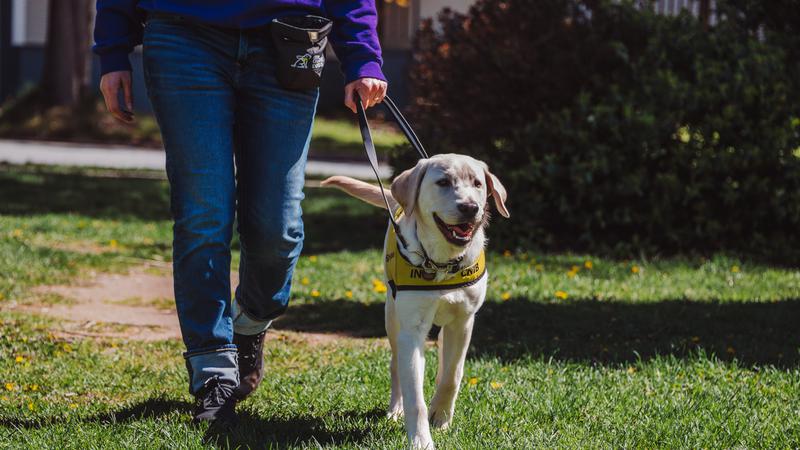
Dog bites continue to be major issue in La Loche and other northern communities
Dog bites are becoming endemic in La Loche and to Amanda Black, it’s merely a symptom of a larger problem within the community.
“Around here, there are only very few people that actually consider the animal in their yard or in their house a pet,” she said.
Black runs the La Loche Paw Protection Corporation and believes the dogs are biting out of neglect.
“If people would just wake up, open their eyes, and say, ‘Yeah, this is my dog, so It’s my responsibility to take care of this dog,’” she said.


